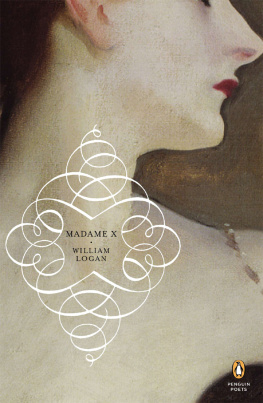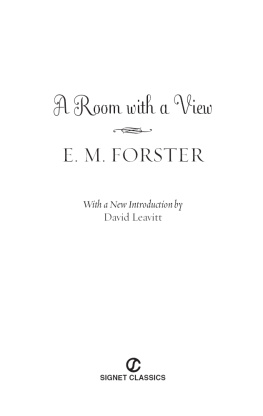Murphy - Cameroon with Egbert
Here you can read online Murphy - Cameroon with Egbert full text of the book (entire story) in english for free. Download pdf and epub, get meaning, cover and reviews about this ebook. City: Cameroon;Woodstock;N.Y, year: 2012;1990, publisher: The Overlook Press, genre: Home and family. Description of the work, (preface) as well as reviews are available. Best literature library LitArk.com created for fans of good reading and offers a wide selection of genres:
Romance novel
Science fiction
Adventure
Detective
Science
History
Home and family
Prose
Art
Politics
Computer
Non-fiction
Religion
Business
Children
Humor
Choose a favorite category and find really read worthwhile books. Enjoy immersion in the world of imagination, feel the emotions of the characters or learn something new for yourself, make an fascinating discovery.

- Book:Cameroon with Egbert
- Author:
- Publisher:The Overlook Press
- Genre:
- Year:2012;1990
- City:Cameroon;Woodstock;N.Y
- Rating:4 / 5
- Favourites:Add to favourites
- Your mark:
- 80
- 1
- 2
- 3
- 4
- 5
Cameroon with Egbert: summary, description and annotation
We offer to read an annotation, description, summary or preface (depends on what the author of the book "Cameroon with Egbert" wrote himself). If you haven't found the necessary information about the book — write in the comments, we will try to find it.
Murphy: author's other books
Who wrote Cameroon with Egbert? Find out the surname, the name of the author of the book and a list of all author's works by series.
Cameroon with Egbert — read online for free the complete book (whole text) full work
Below is the text of the book, divided by pages. System saving the place of the last page read, allows you to conveniently read the book "Cameroon with Egbert" online for free, without having to search again every time where you left off. Put a bookmark, and you can go to the page where you finished reading at any time.
Font size:
Interval:
Bookmark:
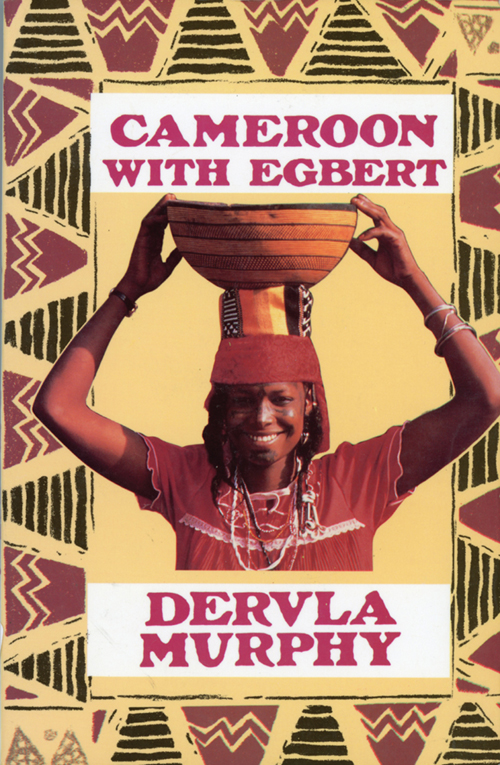
First published in 1990 by
The Overlook Press
Lewis Hollow Road
Woodstock, New York 12498
Copyright 1990 by Dervla Murphy
No part of this publication may be reproduced or transmitted in any form or by any means, electronic or mechanical, including photocopy, recording, or any information storage and retrieval system now known or to be invented without permission in writing from the publisher, except by a reviewer who wishes to quote brief passages in connection with a review written for inclusion in a magazine, newspaper, or broadcast.
ISBN 978-1-46830-521-0
Other books by Dervla Murphy published
by the Overlook Press
Full Tilt: Ireland to India with a Bicycle
The Waiting Land: A Spell in Nepal
On a Shoestring to Coorg: An Experience of South India
Eight Feet in the Andes
Muddling Through in Madagascar
(between pages 144 and 145)
. Girl with sister of the Kwondja tribe
. Ngah Bouba, traditional doctor
. Village chief with wives, Ngybe, near Mayo Darl
. Koranic School, Ngaoundere
. Hairdressing session
. Yamba women working their ground-nut fields
. Mbororo girls returning from the river, near Mayo Darle
. Yamba man trimming palm-tree
. Yamba woman and child harvesting sweet potatoes
. Jacquelines friend Dijja, with her youngest child
. Dijjas daughter, Fatah
. Yaya Moctar, who adopted Egbert
. Egbert and his new owner
. Rachels one day in the saddle
For permission to reproduce the above illustrations, the author and publisher would like to thank John Fox (Plates 1-9 and 11-14) and Jaqueline Fox (Plate 10).
For Jane and David Hughes, who inspired
our Cameroonian journey, and for Joy and
John Parkinson, and Jacqueline and John
Fox, without whom we would not have
survived it.
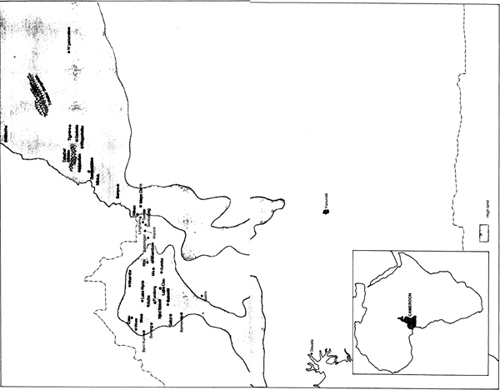
CHANCE WAS RESPONSIBLE for our going to Cameroon. During the autumn of 1985 an Anglo-Pakistani couple, based in Kano, invited me to Northern Nigeria. When I hesitated, explaining my dread of West African heat, they assured me that after the rains it would be cool enough and fertile enough to trek from Kano to Lake Chad with a pack-horse.
Soon after, a Sunday Times interviewer asked me Where would you like to go next? I was then in the middle of writing a book and uninterested in forward-planning. But, when questioned, that Nigerian trek popped out of my unconscious and was in due course announced to the world or as much of it as reads the Sunday Times.
Months later came a letter from Cameroon, its envelope half-obscured by enormous, vivid bird-stamps. It was a delightful echo from the past; thirteen years previously we had stayed with the writers, Jane and David Hughes, in their Coorg (South India) home. Since 1982 they had been based in Cameroon; a friend had sent them that Sunday Times interview; they felt sure Cameroon would be much more my scene than Nigeria and urged me to use their Bamenda home as my base while I negotiated for a sound Fulani stallion. I was still immersed in my book but the enthusiasm with which the Hughes described Cameroon penetrated all my defences against distraction. Gratefully I replied, See you in March.
It was then my intention to trek alone. In June 1986 Rachel had left school and migrated to India, to spend six months of her in-between year teaching English to Tibetans and travelling solo. On her return she planned to earn some money in Paris before going up to university, but on hearing of my Cameroonian plan she quickly wrote back asking if she could come too. Like many another foot-loose adolescent, she found the prospect of returning to the First World disconcerting something to be postponed for as long as possible. This felt like good news to me. For fifteen years we had been travelling together most recently, in 1986, to the United States and in an odd way we seemed to have become a team, despite natural changes in the quality of our relationship.
The tall young Cameroonian in the Holland Park embassy was slender and impassive and spoke no English. He stood behind a small uncluttered desk in a long, sparsely furnished room and scrutinised our passports and return tickets to Douala. Then he gave me six forms to fill in and requested 18; our visas, he said, would be ready for collection in forty-eight hours.
In a much smaller room across the hall three plump ladies sat at huge desks piled with documents and overshadowed by giant filing-cabinets. They all spoke English but were rendered inarticulate by the notion of two white women wandering through the bush with a packhorse. The senior lady admitted, We have no tourist information. A younger lady suggested, without much conviction, that the nearby Cameroonian Trade Office might be able to advise.
The Trade Office occupied another enormous building but only two staff were visible, a timid hall porter and a Trade Attach who provided a Factsheet and took umbrage when asked about Cameroons varieties of malaria. Every country has malaria he snapped. But in our country there is malaria only in the cities, where flies breed on garbage. In the bush there is no malaria!
In the tube I read my Factsheet, dated 1 March 1986. It seemed on the whole a lucid document, designed to help businessmen, though I couldnt quite understand why Prior Ministry of Finance approval is required for loans contracted abroad by public or private physical or moral person habitually residing in the country.
The Republic of Cameroon, lying in the Gulf of Guinea, has an area of 183,000 square miles and an estimated population (June 1983) of 9.6 million, of whom 53 per cent were then under twenty years of age. (By March 1987 an estimated 60 per cent were under sixteen.) The 19845 per capita income was $820 and the rate of inflation 10 per cent. This means that Cameroon is the second richest, by far, of the Central African states. Only Congo is ahead, with $1,230. Burundi ($240) and Zaire ($170) are more normal. All these are World Bank figures and perhaps not very meaningful if you live in Central Africa.
For the past ten years oil has been Cameroons most valuable product. Her other main products are coffee, cocoa, bananas, palm kernels, cotton, rubber, wood, aluminium and tobacco. In 1984 her exports to Great Britain were worth 132.5 million, including 122 million worth of oil. Her imports from Britain, worth 23.3 million, included beverages, chemicals, specialised machinery and road vehicles.
Cameroons official languages are French and English; some three hundred African languages are spoken throughout her territory. Religiously, the population is about equally divided between Islam, Christianity and Traditional i.e., what used to be known as pagan in less semantically sensitive times. The form of government is officially defined as Unitary State, Presidential regime, monocameral assembly. Unofficially, Cameroon is generally recognised as a benevolent (most of the time) dictatorship. The country is divided into ten provinces, forty-one divisions and numerous sub-divisions. It has a 200-mile coastline on the Gulf of Guinea and the local time is GMT plus one.
Our visad passports were handed to me precisely forty-eight hours later, but the visas were valid for only thirty days. I protested that I had applied (and paid) for ninety-day visas, the maximum allowed to tourists. The young man shrugged and turned away; he either couldnt understand or couldnt be bothered. I continued to protest and he continued to ignore me. When I sought support from the three ladies across the hall their leader insisted that tourists could see all they needed to see of Cameroon in thirty days. I counted ten before explaining, slowly and calmly, that a thirty-day visa is useless to a travel writer. I asked to see the First Secretary but the ladies chorused that that was not possible. I repeated, through clenched teeth, that I
Font size:
Interval:
Bookmark:
Similar books «Cameroon with Egbert»
Look at similar books to Cameroon with Egbert. We have selected literature similar in name and meaning in the hope of providing readers with more options to find new, interesting, not yet read works.
Discussion, reviews of the book Cameroon with Egbert and just readers' own opinions. Leave your comments, write what you think about the work, its meaning or the main characters. Specify what exactly you liked and what you didn't like, and why you think so.


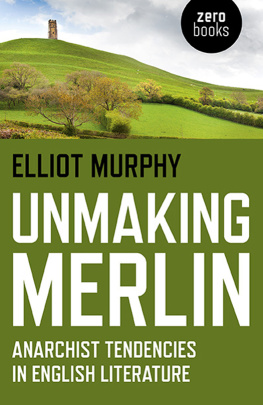
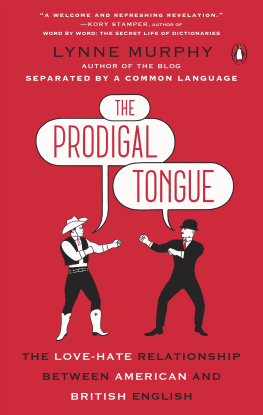
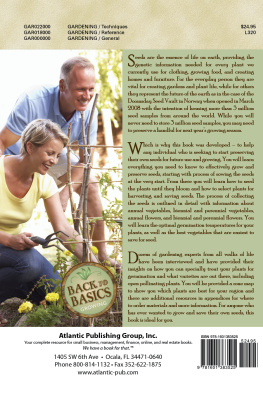
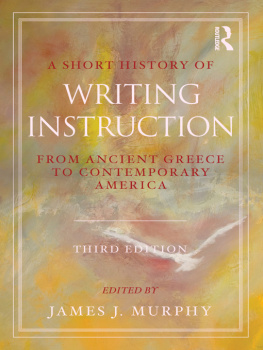
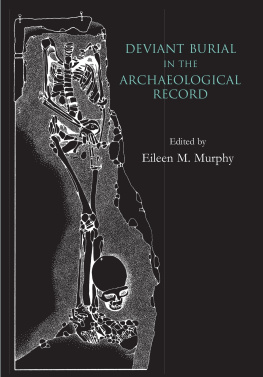
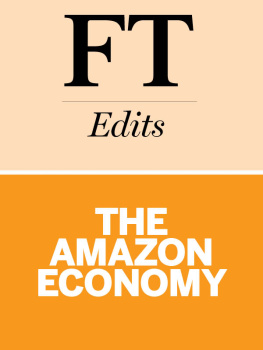
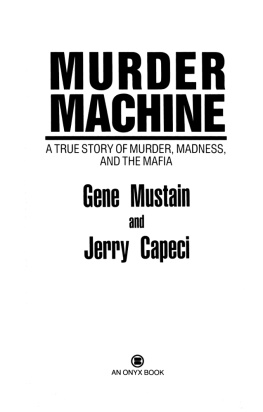
![Harry Turtledove - Worlds that werent : [novellas of alternate history]](/uploads/posts/book/79050/thumbs/harry-turtledove-worlds-that-weren-t-novellas.jpg)
